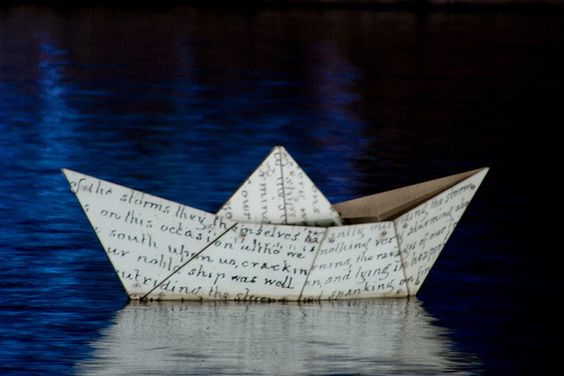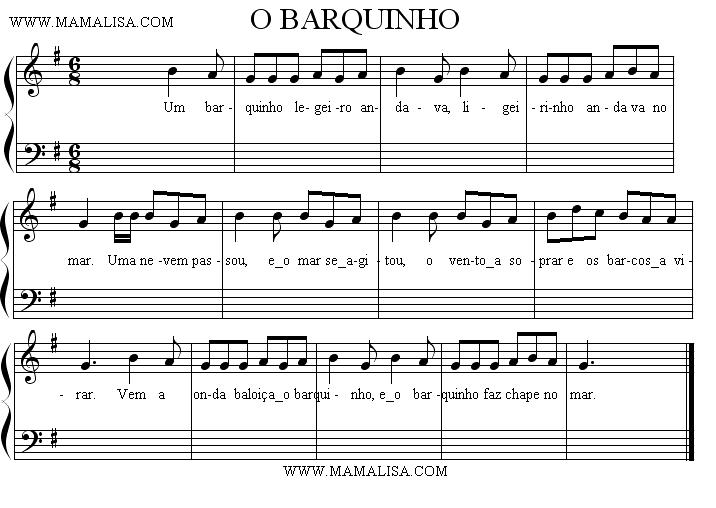Finding new songs for my foreign-language repertoire always involves a lot of musical archaeology. It’s definitely very enjoyable. It’s like stepping into a dark, mysterious castle with only a spotlight at hand, never knowing what you’ll find. That was how I came across O Barquinho (Little Boat) from 1961. It’s a very playful and cute Bossa nova song about a boat sailing along on a calm summer day as the evening falls.
I had only recently discovered the American vocalist Karrin Allyson through a search for interpretations of the French chanson Sous le Ciel de Paris, which I was adding to my French repertoire. Her version of this 1951 classic from the French film bears the same title. It’s from one of her early albums, From Rio to Paris. I love her very grounded voice and her elegant intonation – despite finding her interpretation a little dry or even humourless. She frequently spikes her songs with very delightful and short, not endless, self-indulged scatting sequences.
So, while enjoying a cooking session in my kitchen, I flipped through the other songs in French and Portuguese. I immediately took to her very cute and enticing version of O Barquinho, sung in both beautifully phrased Portuguese and English. Later, I understood why The New York Times, had called her a “no-frills singer with a feline touch and impeccable intonation, […] is an interpreter who cuts to the chase, but with minimal psychodrama.”
Brazilian Jazz Rhythms ~ The Bossa Nova
I have now been performing O Barquinho after learning the Portuguese lyrics for a couple of weeks now. In its lightheartedness and cheerfulness, it very much reminds me of tunes like Summer Samba (also known as So Nice and in Portuguese Samba de Verão). So Nice is a song I also enjoy singing because of its cheerful bounciness. It was written in 1964 by the Brazilian composer Marcos Valle, with English lyrics by the American lyricist Norman Gimbel and original Portuguese lyrics by the composer’s brother, Paulo Sérgio Valle.
O Barquinho was written three years earlier and also has very buoyant lyrics. Its rhythmical temperament makes it a very typical bossa nova song.[2] When playing these kinds of songs live, it is crucial for the right tempo to be counted off. If it’s too slow it will lose it’s lightheartedness and cheeriness. When only a bit too fast, it’s like singing the title melody to a breath taking car-chase. Another element of course, is the groove itself. While So Nice is a Samba and O Barquinho is a Bossa nova, Brazilian jazz tunes like these have in general their very own rhythmic feeling – like the Bossa nova composer Carlos Lyra, described in reference to one of his own songs, Influência do Jazz. He said that overall, the rhythm has a “swaying” feel rather than the “swinging” feel of jazz. The samba rhythm moves “side to side” while jazz moves “front to back”.[3]
O Barquinho (The Little Boat) 1961 ~ The Topic of the Sea
The topic for the song was obviously already present but the Portuguese children’s song, that carries the same title, O Barquinho may have also influenced him. You can read the Portuguese lyrics and an English translation here.
O Barquinho was first recorded in 1961 by the guitarist João Gilberto. A year later, in 1962, it was recorded by the American guitarist Charlie Bryd – and many times since then. That year, the American entertainment magazine Billboard – also known for its music charts, including the Billboard Hot 100 and Billboard 200 – listed Charlie Byrd’s recording of O Barquinho in the column of singles with “strong sales potential”. Indeed, it was to become one of Menescal’s most famous songs.
And here’s João Gilberto’s version from 1961:
Did you like this post? If so, why not…
*
Listen to O Barquinho and other beautiful Samba and Bossa Nova Songs here:
Further Info & Reading on Brazilian Jazz:
~ For some more insight into this music genre check out the book “Brazilian Jive: From Samba to Bossa and Rap” by David Treece, professor of Brazilian studies, author, and founder of the Centre for the Study of Brazilian Culture and Society.
~ Watch the documentary film “Coisa Mais Linda: Histórias e Casos da Bossa Nova“ (This is Bossa Nova: The History and Stories) released in 2005: Menescal and fellow trailblazing composer Carlos Lyra tells the stories of the people, places, and performances that put Brazilian music on the international music scene in the early 1960s, culminating in a 1962 performance at Carnegie Hall in New York.
~ See also this playfully illustrated and informative website called Mama Lisa’s World that collects international children’s songs from around the world.









